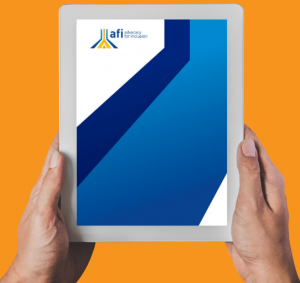
Executive Summary
- People with disabilities and their representatives have not been sufficiently consulted or included in either the decision to introduce independent assessments or the development of the proposed model of assessments. The continuing consultation process has lacked a genuine commitment to be responsive to, and inclusive of, the views of people with disabilities.
- The proposed model of independent assessments goes beyond previous recommendations and fails to implement the key protections emphasised in the recommendations. The proposed model of repeated mandatory assessments appears unnecessarily intrusive and punitive.
- The proposed model of independent assessments is not likely to adequately address the issues which have been provided as justifications for their introduction. Independent assessments may do little to reduce current barriers and may simply shift the current difficulties experienced in accessing the National Disability Insurance Scheme to the next stage in the planning process.
- The proposed model of independent assessments has the potential to increase adverse mental health outcomes and reduce dignity, choice and control for people with disabilities.
- Contracting a new workforce of independent assessors which will require training, significant oversight and monitoring is not an efficient approach to access information which in many cases already exists through health and support professionals, especially when there may be a variety of alternative options which would allow for significantly more choice, control, and protection of the dignity and wellbeing of participants.
- Several factors impacting independent assessors, including that they are contracted by the NDIA, the short time limits of assessments and the lack of specific disability knowledge or experience, raise significant concerns as to the ability of independent assessors to effectively and accurately communicate with and assess the functioning of people with disabilities, and for participants to be fully informed and comfortable with the assessment process.
- Unproven and oversimplistic standardised assessment tools may not accurately and comprehensively capture the wide diversity of experiences of people with disability, particularly those with complex needs and multiple disabilities. The use of standardised assessment tools is also likely to be more inaccessible and disadvantageous to people with certain disabilities.
- Comprehensive and transparent evidence of the outcomes of standardised assessment tools must be provided and disparities in assessment processes must be addressed.
- Participants must be provided the full results of the independent assessments, and the opportunity to challenge the results if necessary.
- The use of independent assessments risks disadvantaging the most vulnerable: those who are isolated or have experienced trauma, people with multiple, complex and fluctuating disabilities, people with intellectual and psychosocial disabilities, CALD and Aboriginal and Torres Strait Islander peoples.
